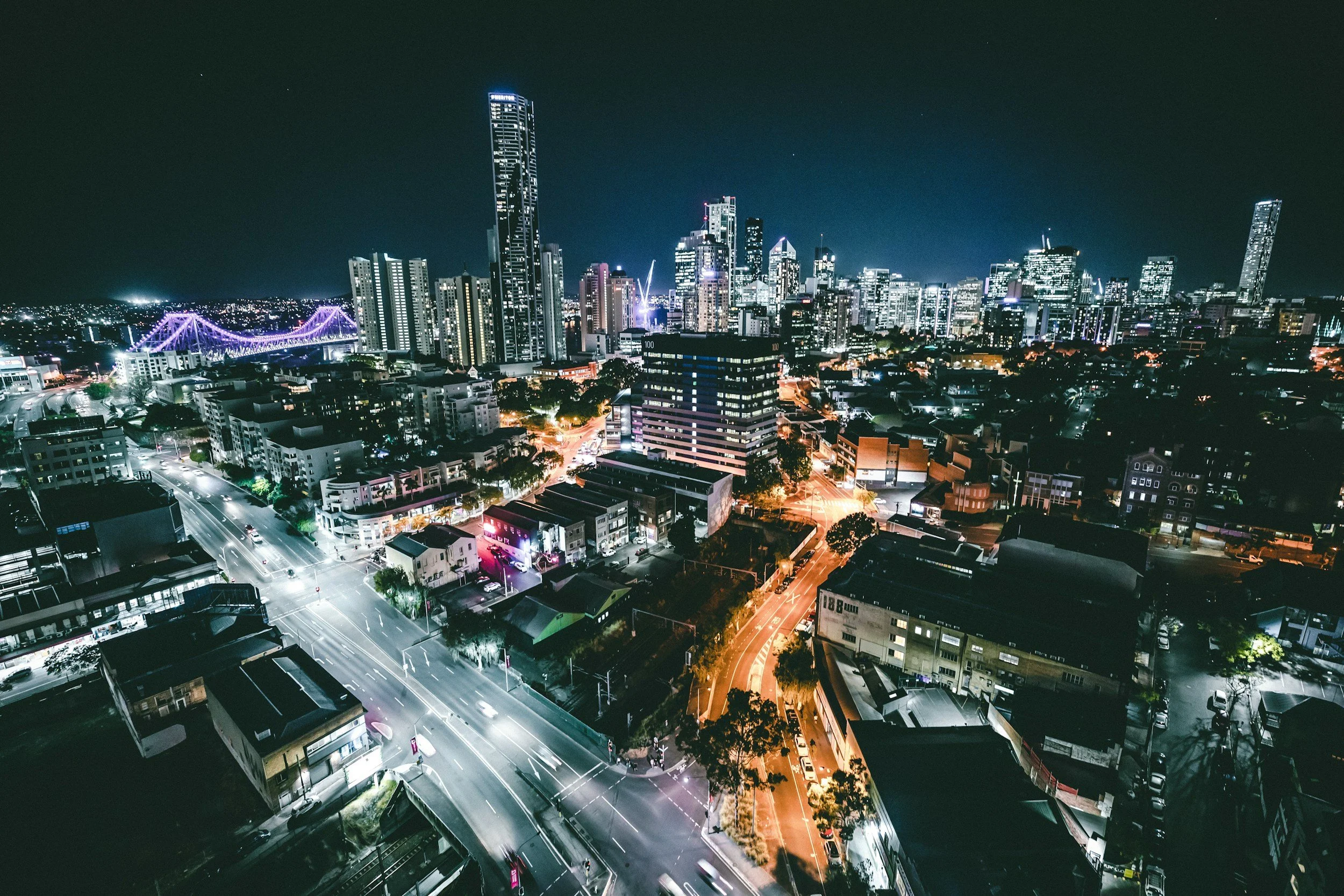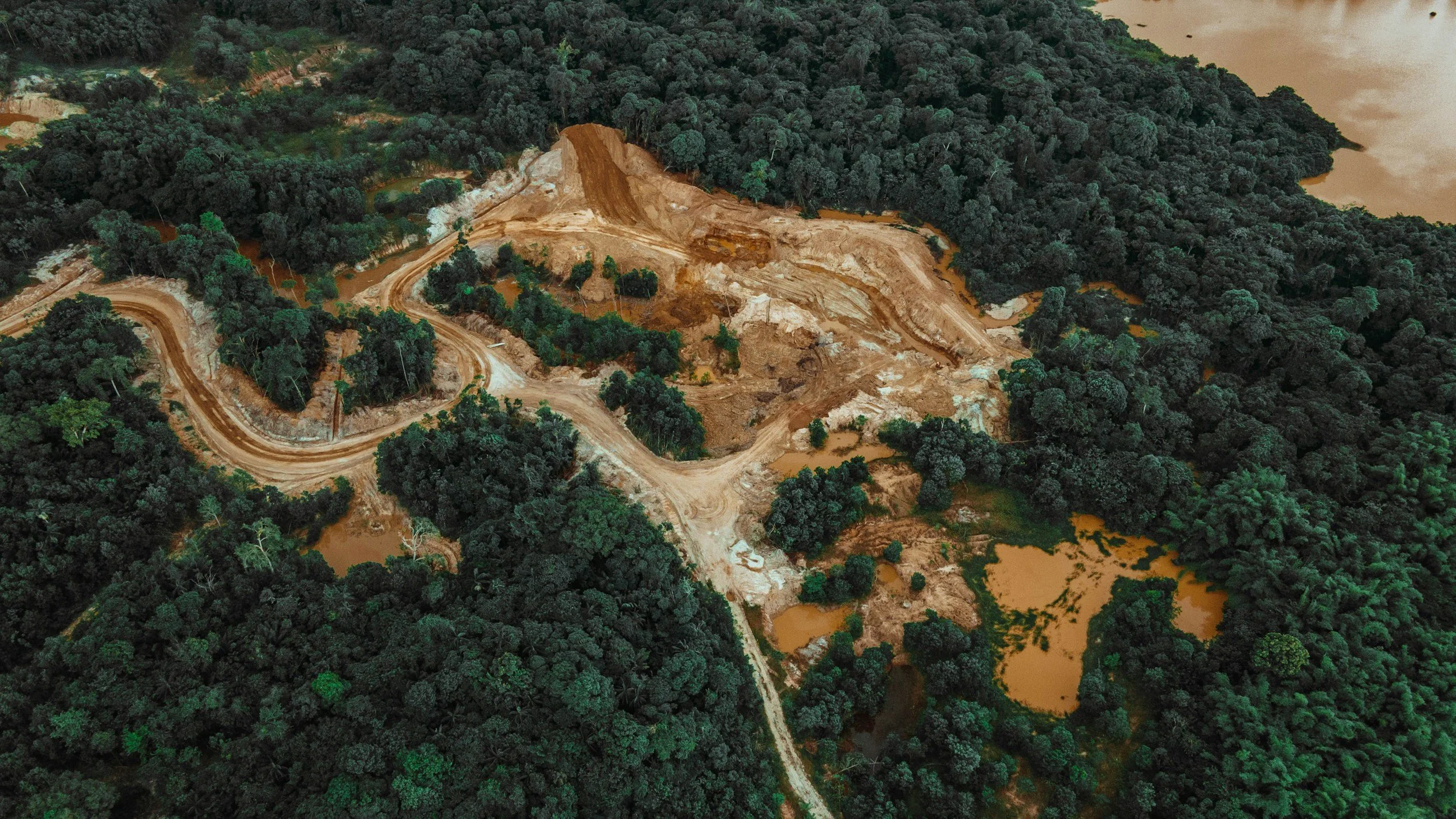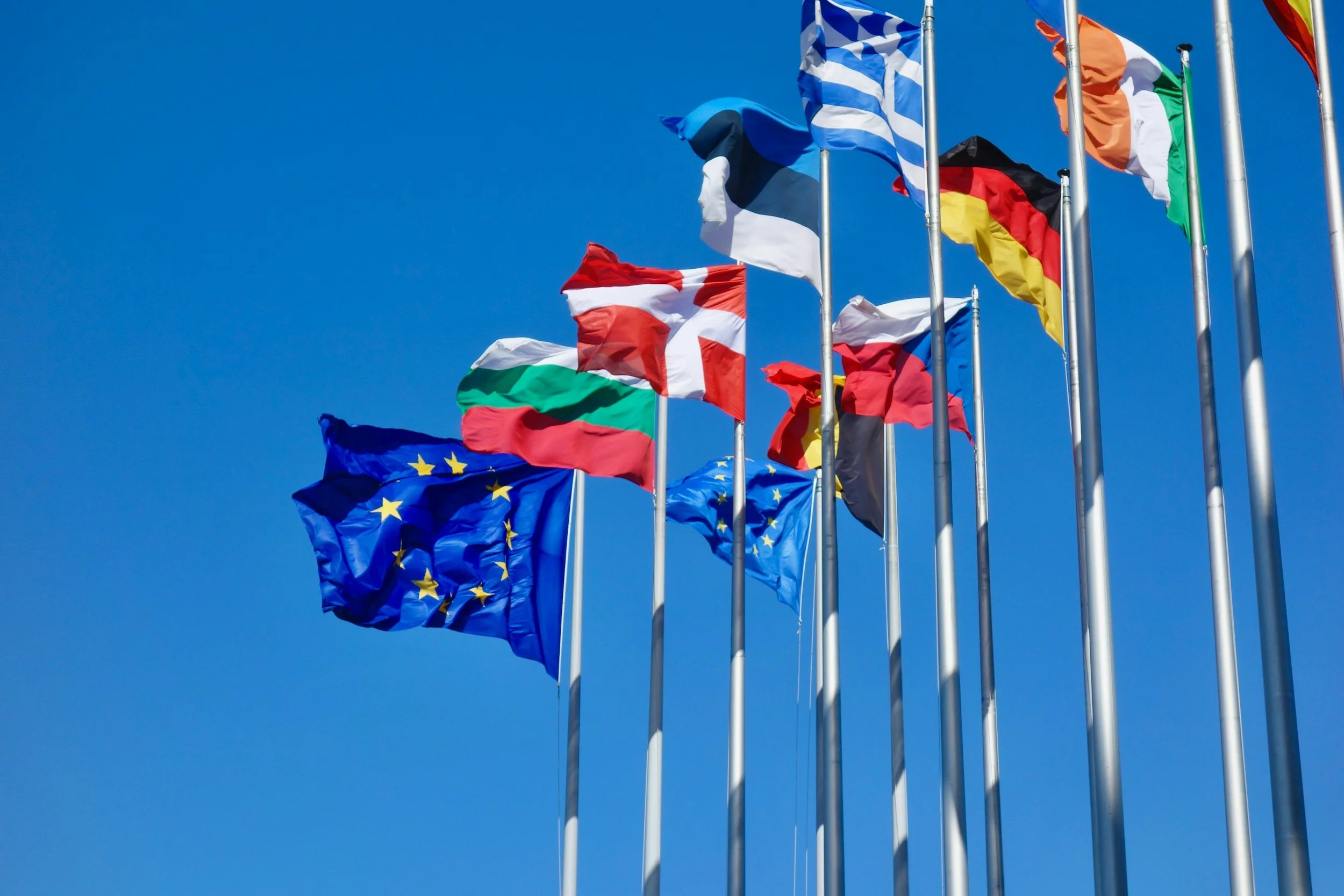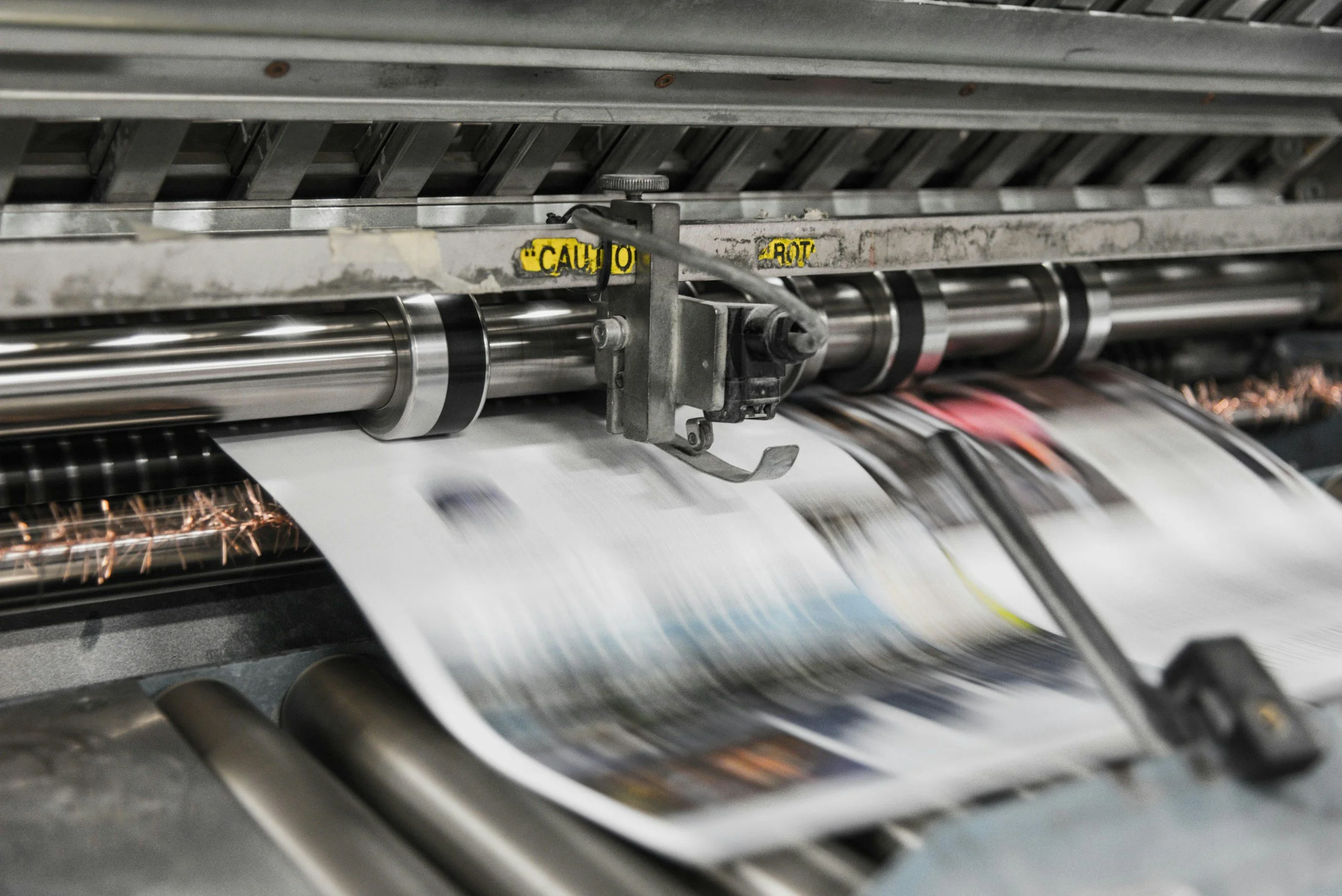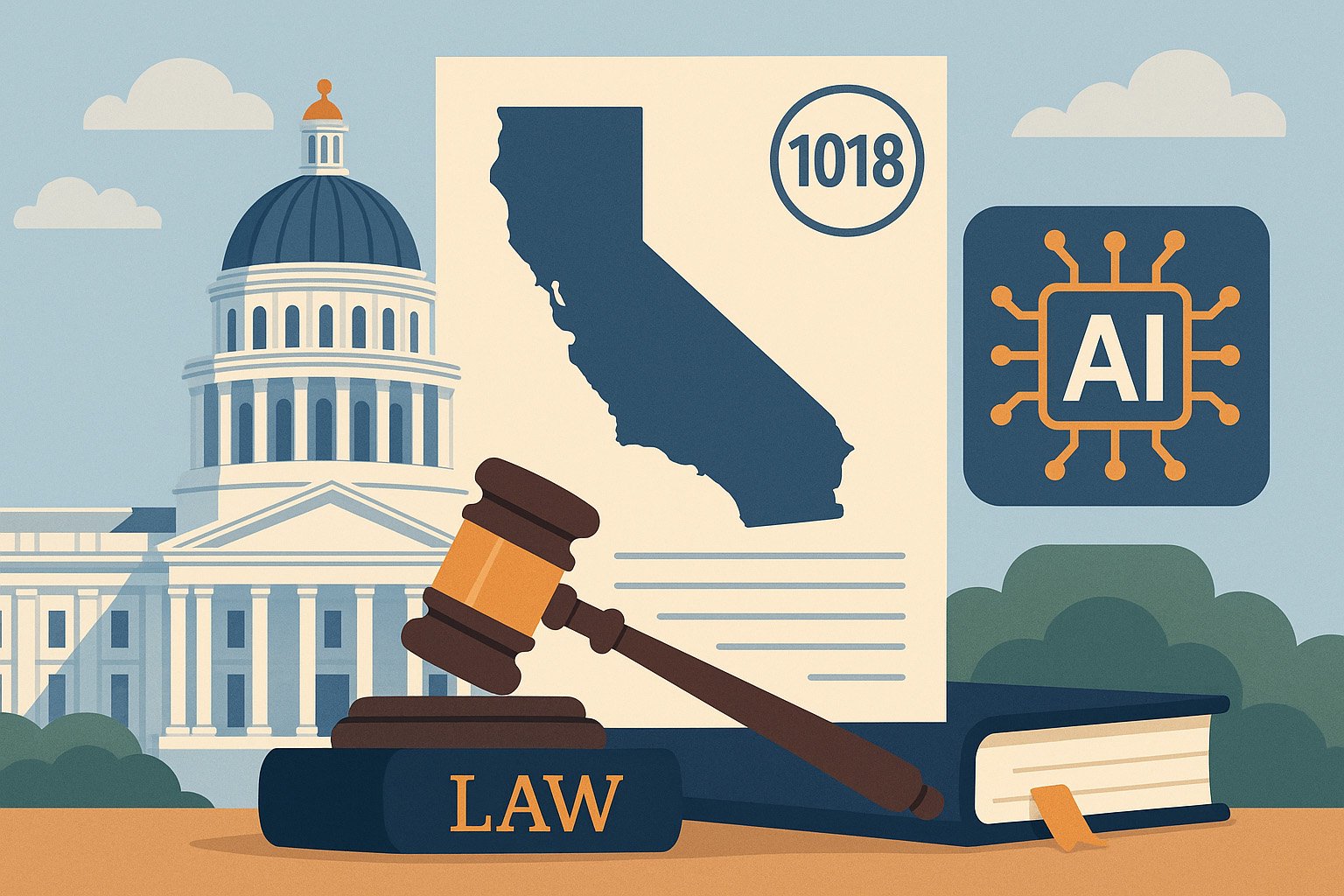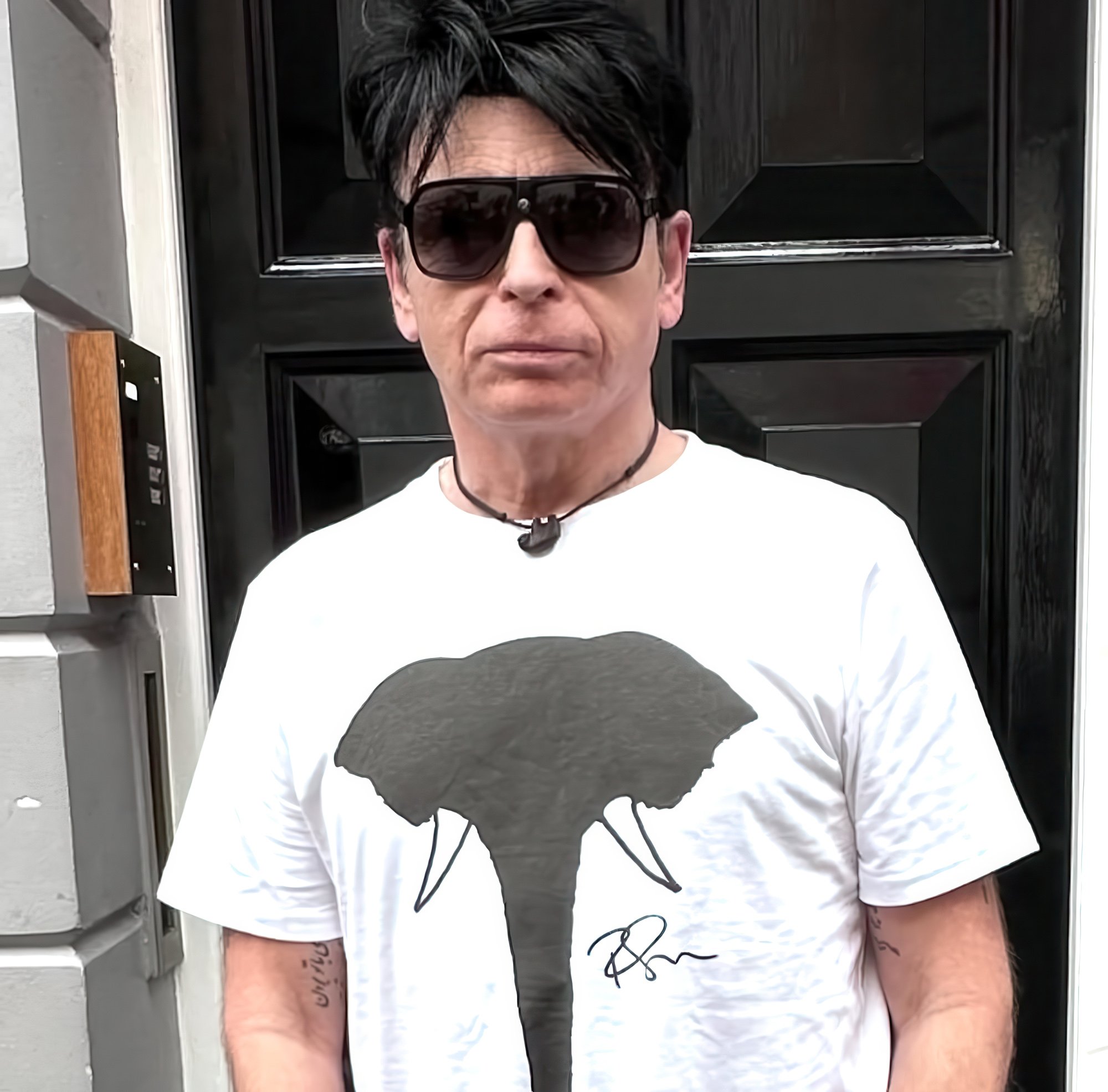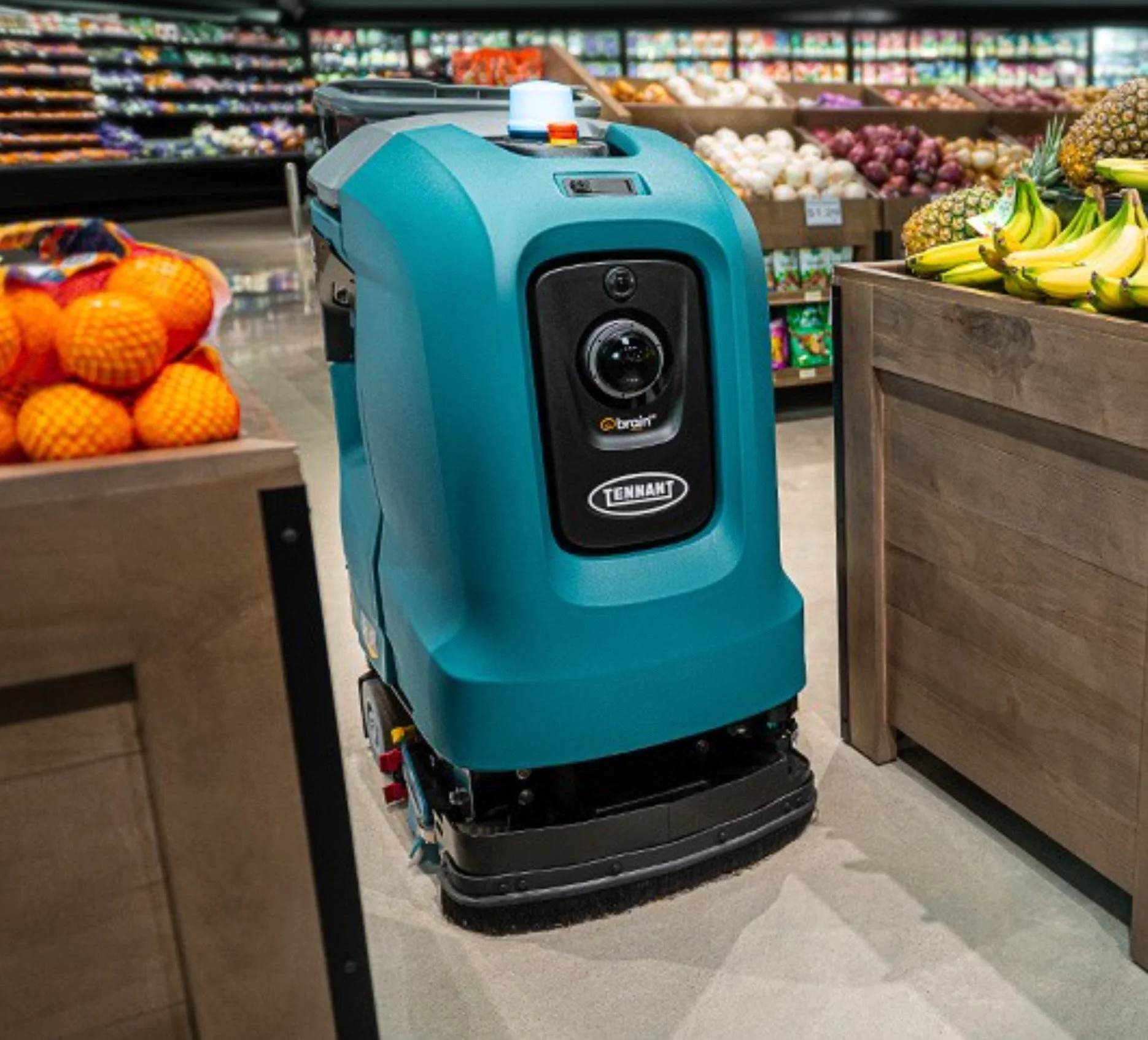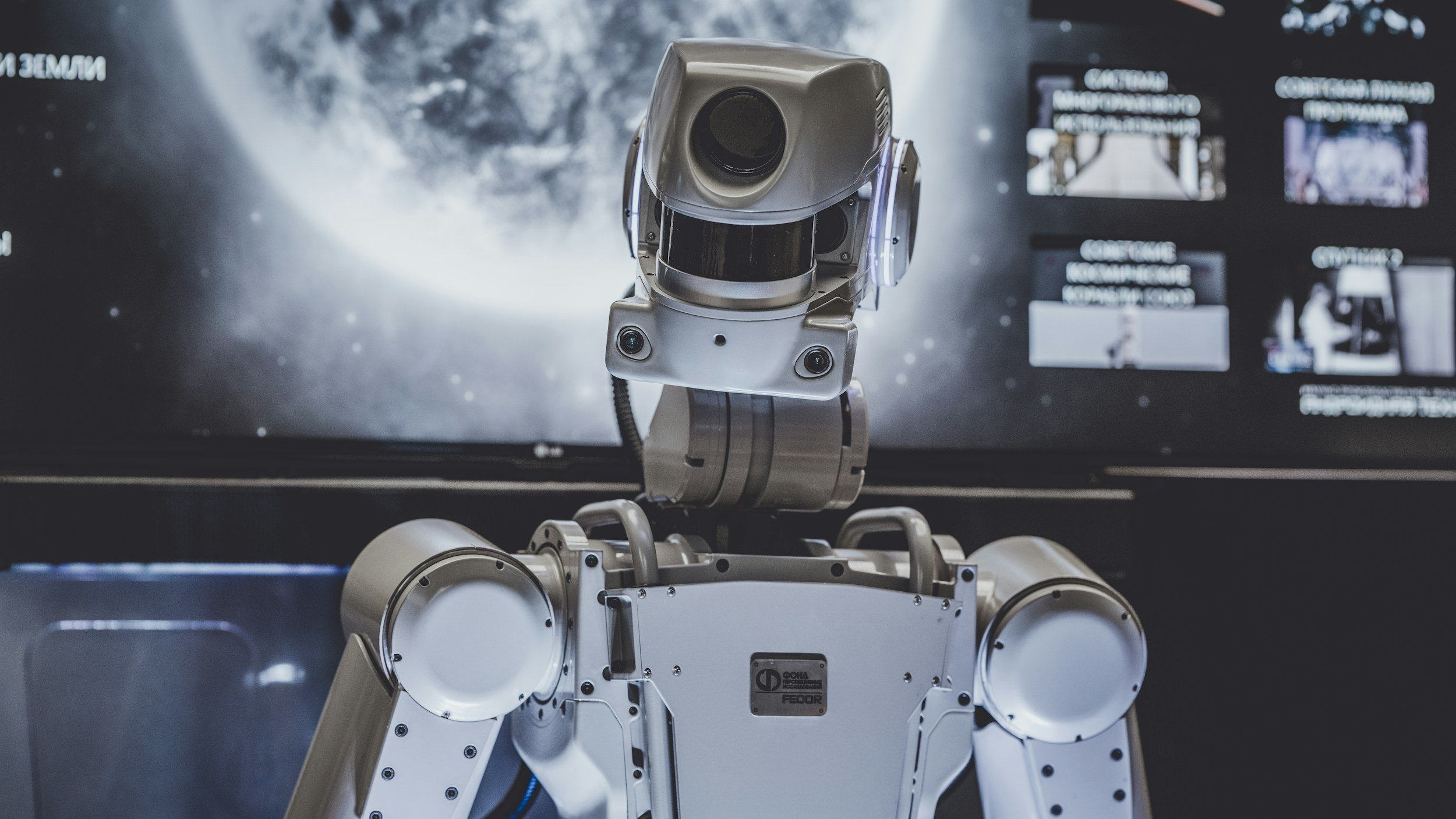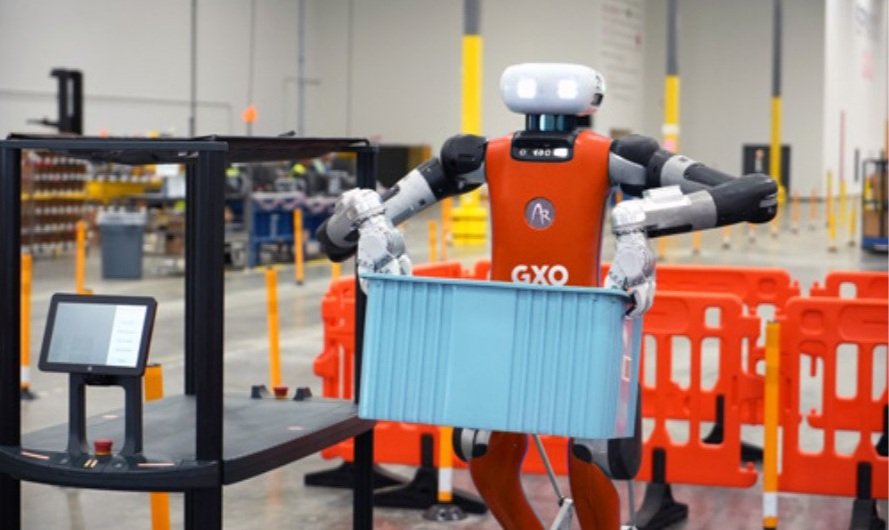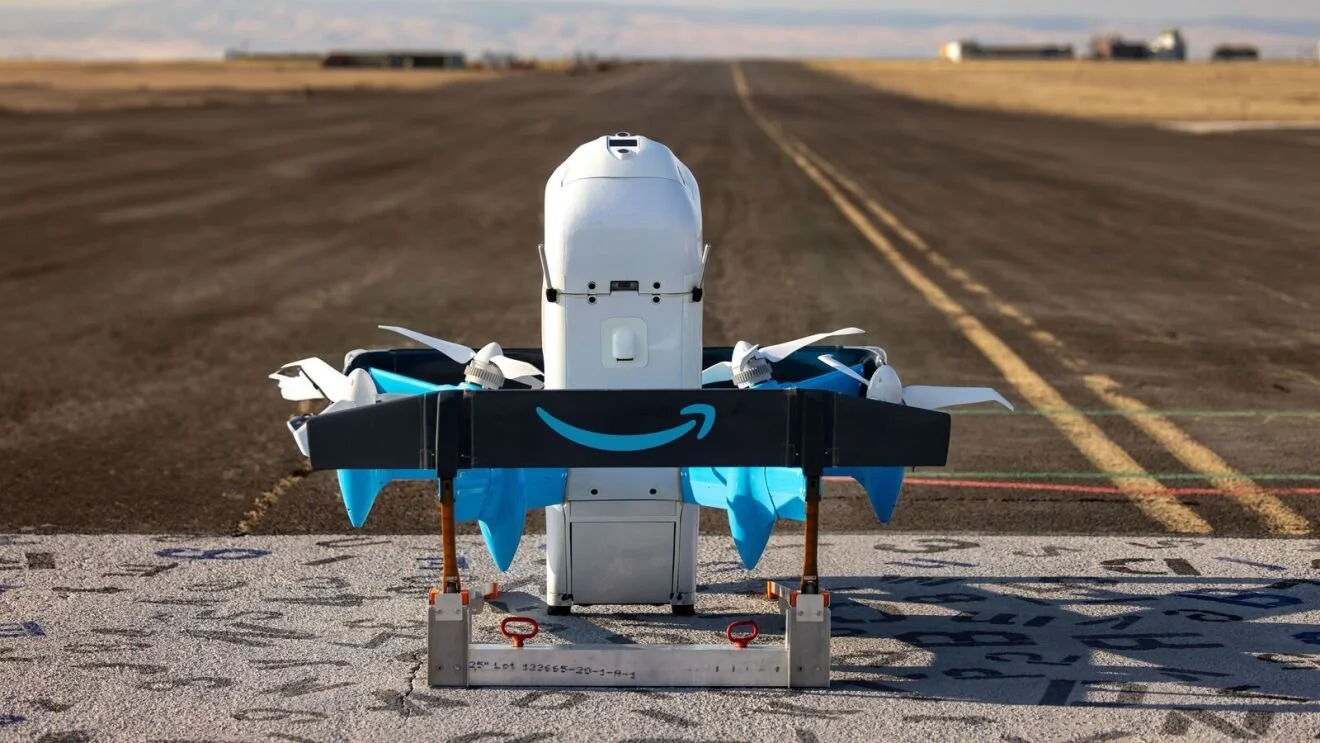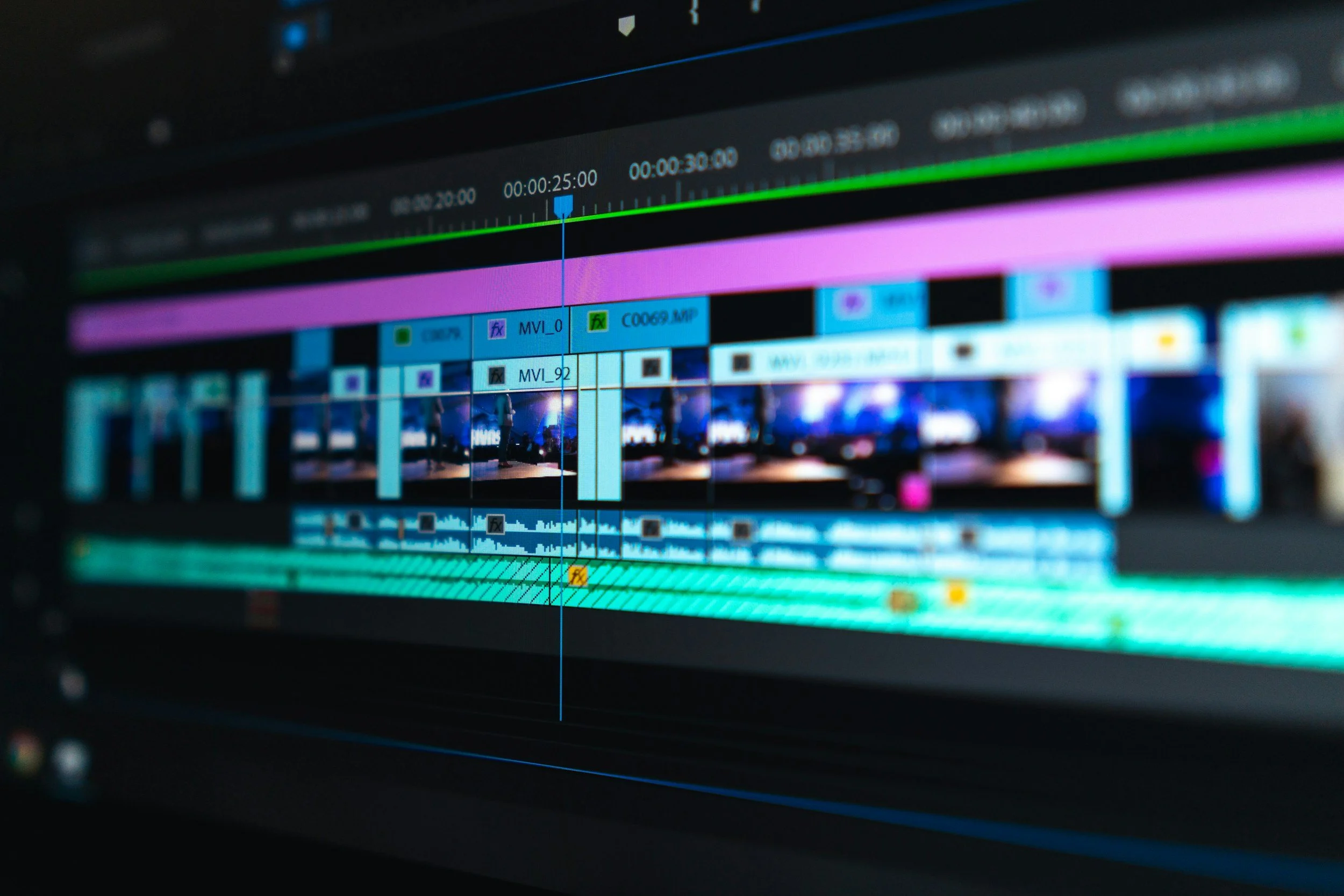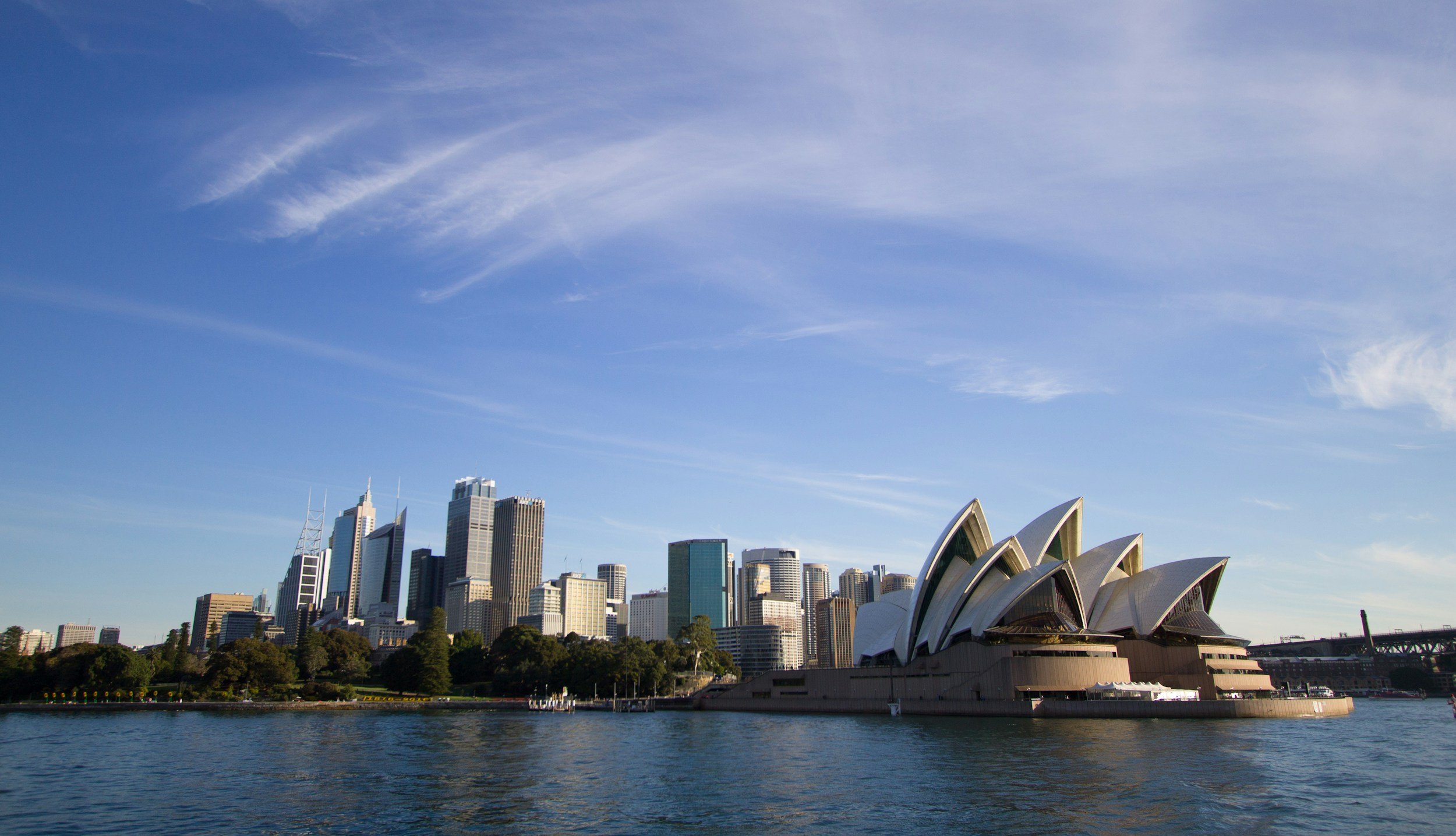Australia Ranked 10th in the 2024 Global Index on Responsible AI
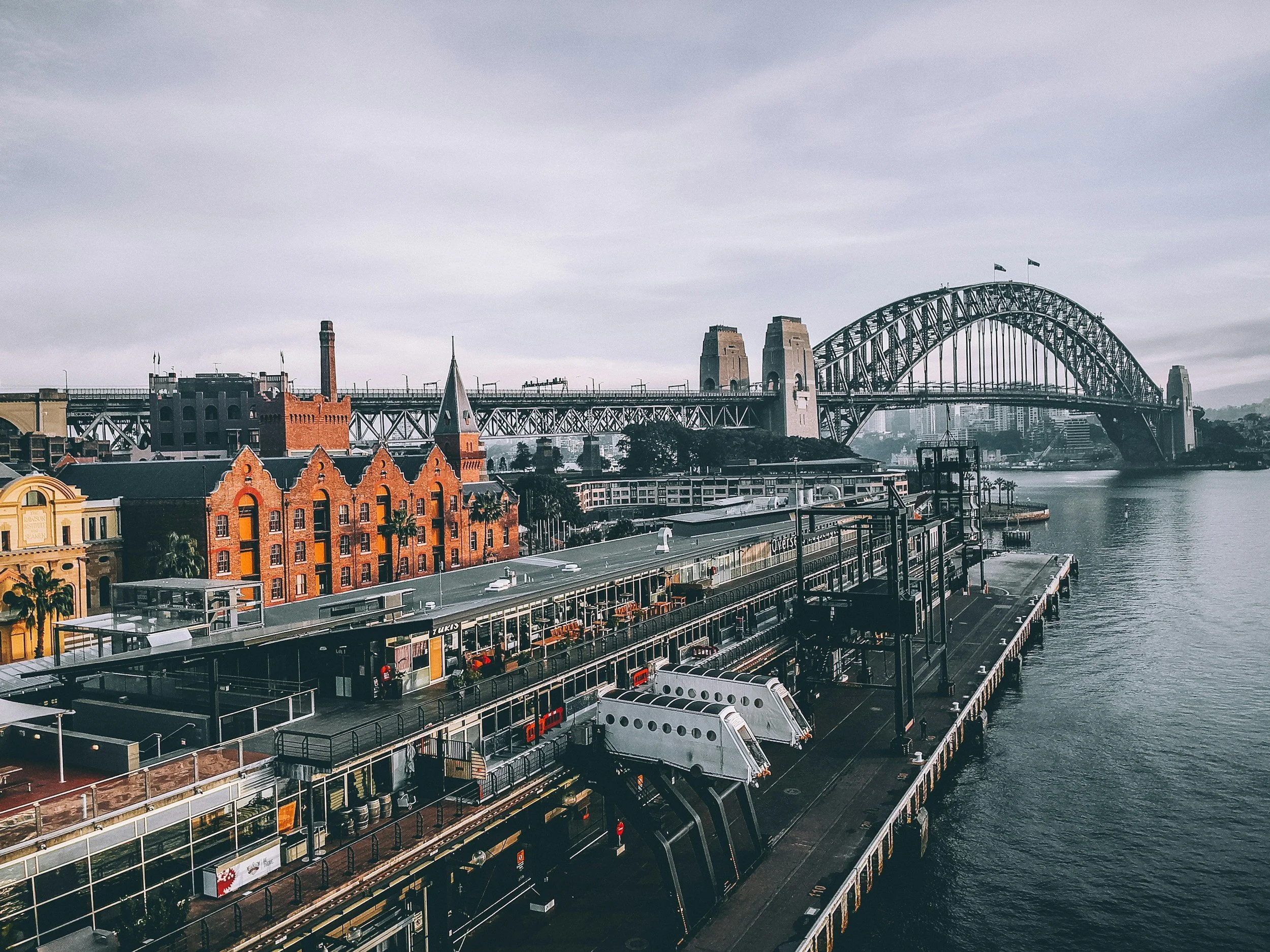
Image Credit: Road Trip with Raj | Splash
Australia’s artificial intelligence sector is experiencing significant growth, with a surge in companies, research, and job opportunities, according to a comprehensive report released by the National Artificial Intelligence Centre (NAIC) in June 2025. The report, titled “Australia’s Artificial Intelligence Ecosystem: Growth and Opportunities”, provides a detailed snapshot of the nation’s AI landscape, highlighting its strengths, challenges, and potential.
Expanding AI Business Landscape
The report identifies 1,533 AI companies in Australia, comprising 1,121 private firms and 412 public companies, showcasing a vibrant and growing ecosystem. Of the private companies, 110 were established in 2023 or 2024, signaling a wave of entrepreneurial activity. These businesses span diverse sectors, with private firms focusing on business processes (44% of private companies) and IT infrastructure (31%), while public companies are concentrated in energy, raw materials, utilities (20%), and healthcare (19%).
Melbourne’s central business district leads as the largest AI hub with 188 companies, followed by clusters in Sydney, Brisbane, and Perth. Regional centers like Queensland’s Sunshine Coast are also emerging as niche hubs, with specializations in areas such as digital media. The report notes that 68% of AI firms are located within 25 geographical clusters, fostering innovation through proximity and collaboration.
Research and Innovation Surge
Australia’s AI research and development (R&D) sector is booming, with AI-related patents nearly quadrupling from 170 in 2015 to 629 in 2024. Research publications have more than doubled over the same period, growing from 5.3% to 11.6% of total scholarly output. However, Australia’s global share of AI publications dropped from 2.6% to 1.9% due to the rapid global expansion of AI research, which rose 218% worldwide from 2015 to 2024.
The report highlights Australia’s unique research strengths in fields like veterinary science, arts, humanities, and dentistry, alongside traditional areas such as computer science (18% of AI publications) and medicine (16%). Manufacturing industries dominate patent activity, with computer, electronic, and optical product manufacturing leading the way, aligning with Australia’s industrial strengths in mining and resources.
Despite robust research output, the report identifies a gap in commercialization, with Australia producing 1.88% of global AI publications but only 0.18% of AI patents. This imbalance suggests challenges in translating academic advancements into marketable innovations.
Rising Demand for AI Skills
The demand for AI-skilled workers has surged, with 1,532 organizations seeking such talent in 2024, up from 483 in 2015. Job postings requiring AI skills rose from 0.2% to 0.9% of total listings over the same period. However, hiring is concentrated, with 100 companies accounting for 58% of AI job postings, primarily in Sydney, Melbourne, Brisbane, and Perth.
Employers are seeking a mix of technical skills, such as machine learning and programming, and non-technical skills like communication and leadership. The report identifies diverse AI work clusters, including business analytics, industrial process optimization, and medical diagnosis, reflecting AI’s integration across various sectors.
Adoption and Investment Trends
AI adoption is accelerating across Australian industries, with 52% of businesses and 60% of government agencies using AI tools, according to the report. Generative AI is particularly popular, with 63% of businesses adopting it in 2024. Large enterprises lead in adoption, while small and medium-sized enterprises (SMEs) lag, with 37% adoption due to resource constraints and lack of expertise.
Investment in AI remains robust, with Australia attracting AU$0.7 billion in private AI investment in 2024, though it trails global leaders like the United States (AU$166.4 billion). Notable local investments include AU$24 million for Sydney-based Relevance AI and AU$32 million for Harrison.ai, a healthcare technology firm.
Ethical and Regulatory Developments
Australia is prioritizing responsible AI, ranking 10th globally in the 2024 Global Index on Responsible AI. The government introduced a Voluntary AI Safety Standard in September 2024 and proposed mandatory guardrails for high-risk AI applications. Industries like finance and public broadcasting are embedding ethical AI practices, focusing on transparency, fairness, and human oversight.
However, challenges persist, with 88% of surveyed organizations struggling to integrate AI into legacy systems, and 80% of AI projects failing to move beyond pilot stages due to governance and infrastructure issues.
Challenges and Knowledge Gaps
The report underscores several uncertainties, including the measurable impact of AI on productivity, the structure of AI education and training, and Australia’s digital sovereignty amid reliance on foreign AI systems. The rapid evolution of the AI sector also complicates efforts to map its structure and dynamics comprehensively.
We are a leading AI-focused digital news platform, combining AI-generated reporting with human editorial oversight. By aggregating and synthesizing the latest developments in AI — spanning innovation, technology, ethics, policy and business — we deliver timely, accurate and thought-provoking content.








